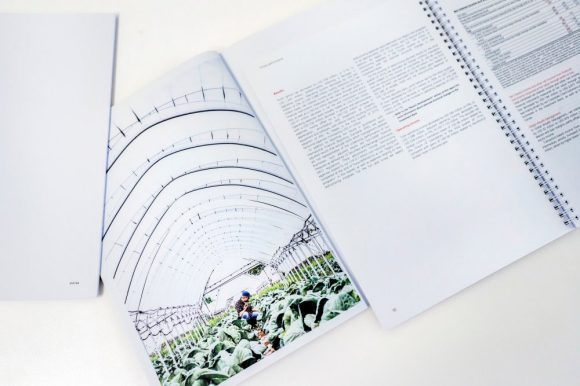28th Annual Reserve Management Seminar Survey
2022 survey results

With nearly 30 years of comprehensive surveys, we believe the Annual Reserve Management Seminar Survey is among the most authoritative depictions of official reserve management activities available. This year's survey was conducted during April – June 2022 and collected responses from over 30 central banks from all regions globally. Results were presented at the 28th UBS Reserve Management Seminar, held again in person in Wolfsberg June 19-24, 2022.
Key highlights
Key highlights
- Macro and Economic concerns: A further escalation in geopolitical conflicts is the main concern (88%), followed by fear of inflation and/or an uncontrolled rise in long-term yields (85%). Two of the top 3 key risks (geopolitical escalation and commodity price development / energy security) are new risks that were not mentioned in previous years.
- Concerns related to FX reserve management: Rising US interest rates / inflation are the main concerns when it comes to the investment of FX reserves, mentioned by 85% of respondents, up from 64% in the previous year. Asset price volatility across markets is now the second-most mentioned concern for 63% of survey participants, while this was only a concern for 32% of survey participants in the previous year.
- Strategic Asset Allocation: The global trend towards FX reserve diversification is continuing, with Passive Equity the most frequently mentioned item when it comes to the question of which asset classes central banks increased over the past year in their portfolio on a net basis. Also, while the eligibility of most asset classes stagnated when compared with the previous year, equities experienced a further increase in eligibility among participating institutions (from 42% to 50% eligibility).
- Currencies: The US dollar was most frequently mentioned when it comes to the question of which currencies were added on a net basis in the reserves of participating sovereign institutions during the past year. The Renminbi was the second-most frequently mentioned currency, and commodity currencies like the Canadian dollar also ranked high this year. In contrast, the Euro was the most frequently mentioned currency that participants reduced over the course of the previous year.
- The impact of sanctions and geopolitics: Will other larger central banks be subject to sanctions comparable in severity to those imposed on the Russian central bank over the coming years? 33% of respondents think so, while 67% do not think that this is likely. When asked which reserve currencies are likely to benefit the most from a shift towards a multipolar world following recent events, 75% think that the Renminbi will benefit, and 50% the US dollar.
Related content
Make an inquiry
Fill in an inquiry form and leave your details – we’ll be back in touch.
Introducing our leadership team
Meet the members of the team responsible for UBS Asset Management’s strategic direction.
